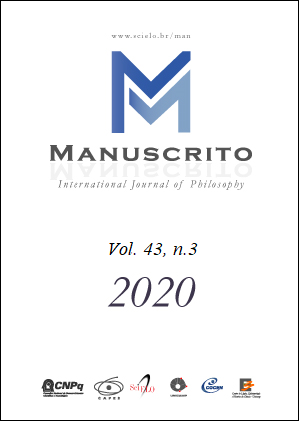Abstract
The item was in the news. A public official said that he would hire a male rather than a female driver, because following the growing influence of the #MeToo movement, hiring a man would be safer. That way nobody would accuse him of harassment. The official’s declaration aroused justified public criticism. Being a public official, he must be committed to equality-in-hiring practices. But suppose that it were a private individual, who wanted to do his utmost to keep away from temptation. It might seem that there is nothing wrong with that: he is free to hire whomever he wishes, and his caution is justified: planning ahead and resisting temptation are marks of rationality and personhood, in Harry Frankfurt’s sense of the term. But why should one be so cautious to begin with? Challenging other philosophical analyses of temptation, I argue that temptations are hardly irresistible. We should all take responsibility for our actions and behavior. It is a moral duty to control ourselves and not let others pay the price for our shortcomings. This notion is both Kantian, as it emphasizes autonomy, and Aristotelian: it urges us to work on our virtues.
References
A. T. Nuyen (1997), “The Nature of Temptation,” Southern Journal of Philosophy 35, pp. 91-103.
Frank Jackson (2014), “Procrastinate Revisited,” Pacific Philosophical Quarterly 95, pp. 634-647.
Frank Jackson and Robert Pargetter (1986), “Oughts, Options, and Actualism,” Philosophical Review 95, pp. 233-255
Harry Frankfurt (1971), “Freedom of the Will and the Concept of a Person,” The Journal of Philosophy 68, pp. 5-20.
Homer (2003), The Odyssey, translated by E. V. Rieu, revised translation by D. C. H. Rieu, London: Penguin Paul M. Hughes (2002), “The Logic of Temptation,” Philosophia 29, pp. 89-110.
Jane H. Aiken (1984), “Differentiating Sex from Sex: the Male Irresistible Impulse,” N.Y.U. Review of Law and Social Change 12, pp. 357-383.
Michael E. Bratman (1987), Intentions, Plans, and Practical Reason, Cambridge, Mass.: Harvard University Press.
Michael E. Bratman (2014), “Temptation and the Agent’s Standpoint,” Inquiry 57, pp. 293-310 J. P. Day (1993), “Temptation,” American Philosophical Quarterly 30, pp. 175-181.
Paul M. Hughes (2004), “What Is Wrong with Entrapment,” Southern Journal of Philosophy 42, pp. 45- 60.
Saul Smilansky (1997), “Should I Be Grateful to You for Not Harming Me?”, Philosophy and Phenomenological Research 57, pp. 585-59.7

This work is licensed under a Creative Commons Attribution 4.0 International License.
Copyright (c) 2020 Manuscrito: Revista Internacional de Filosofia


